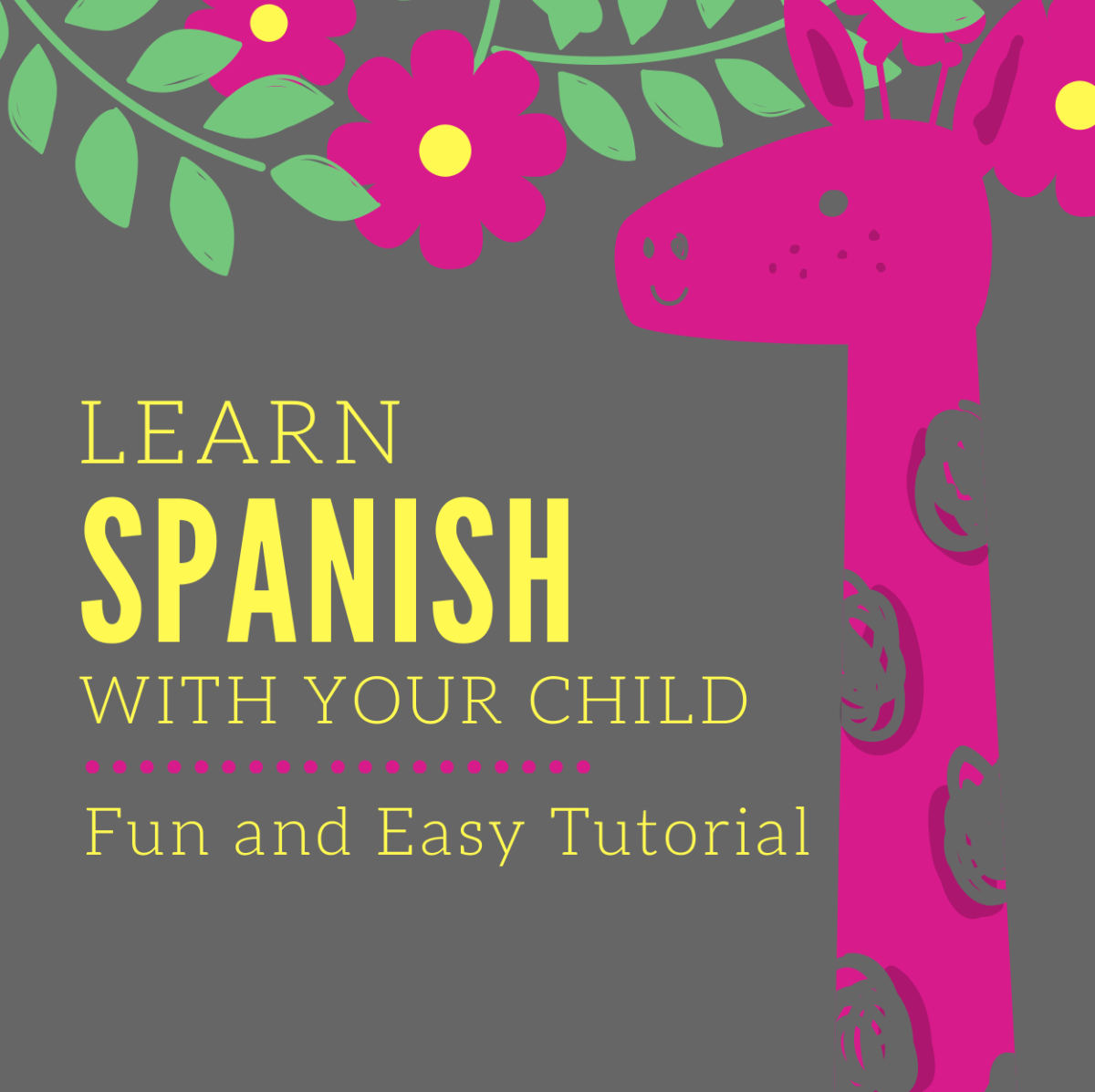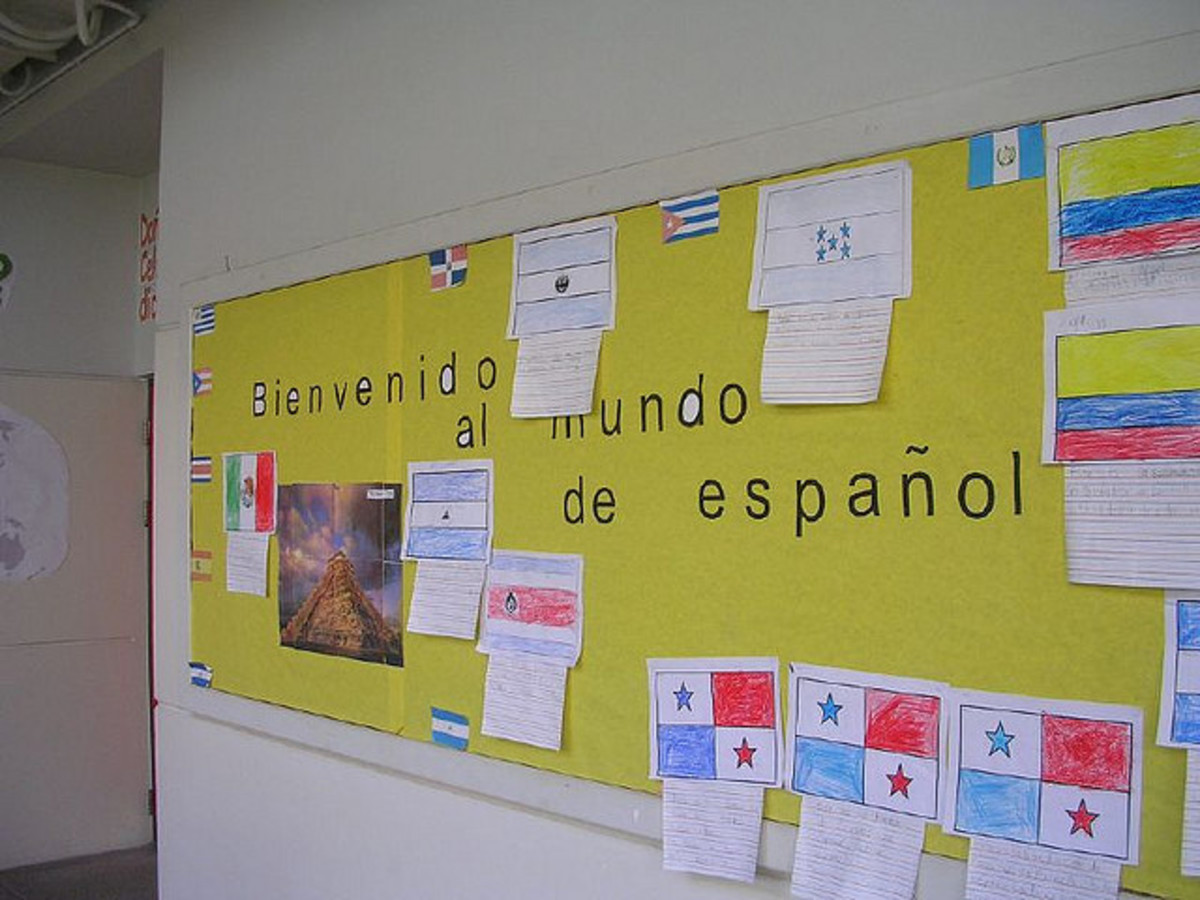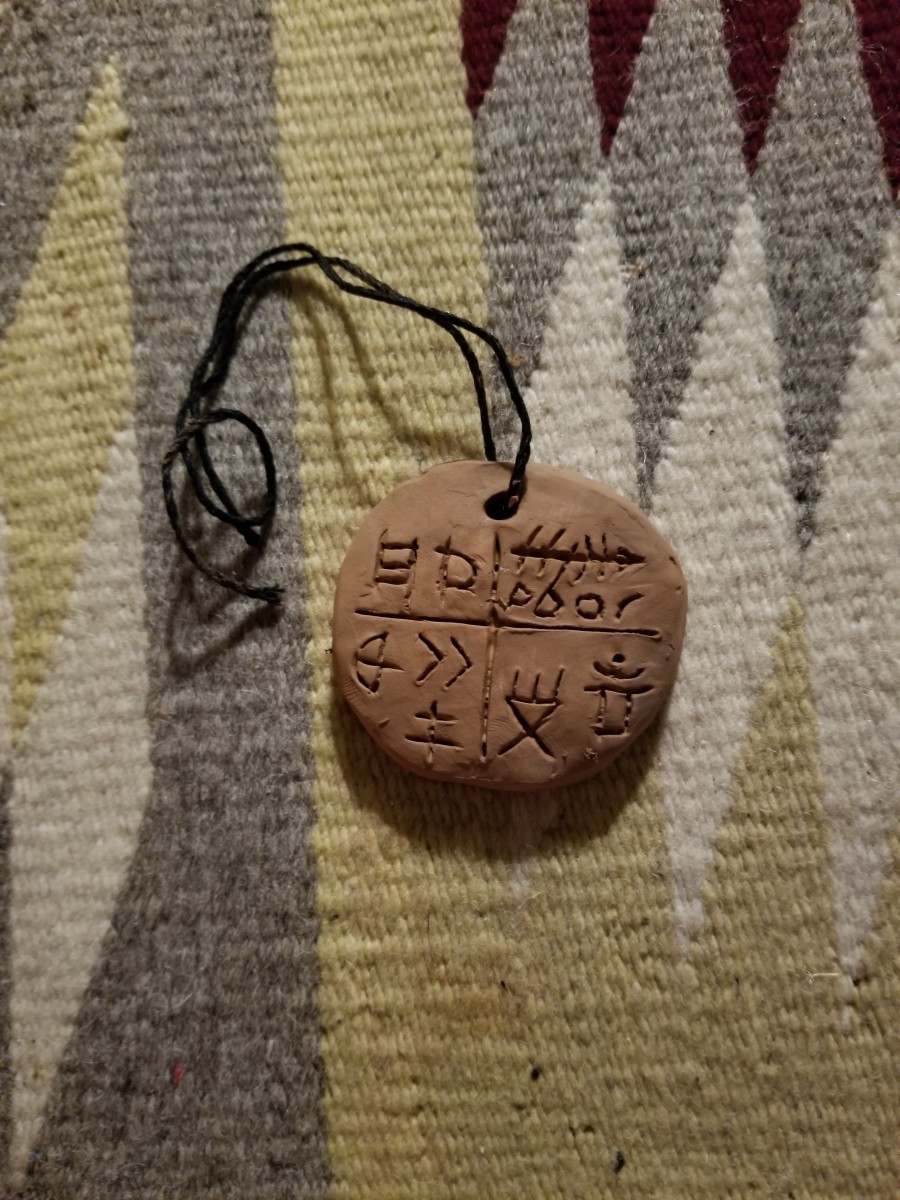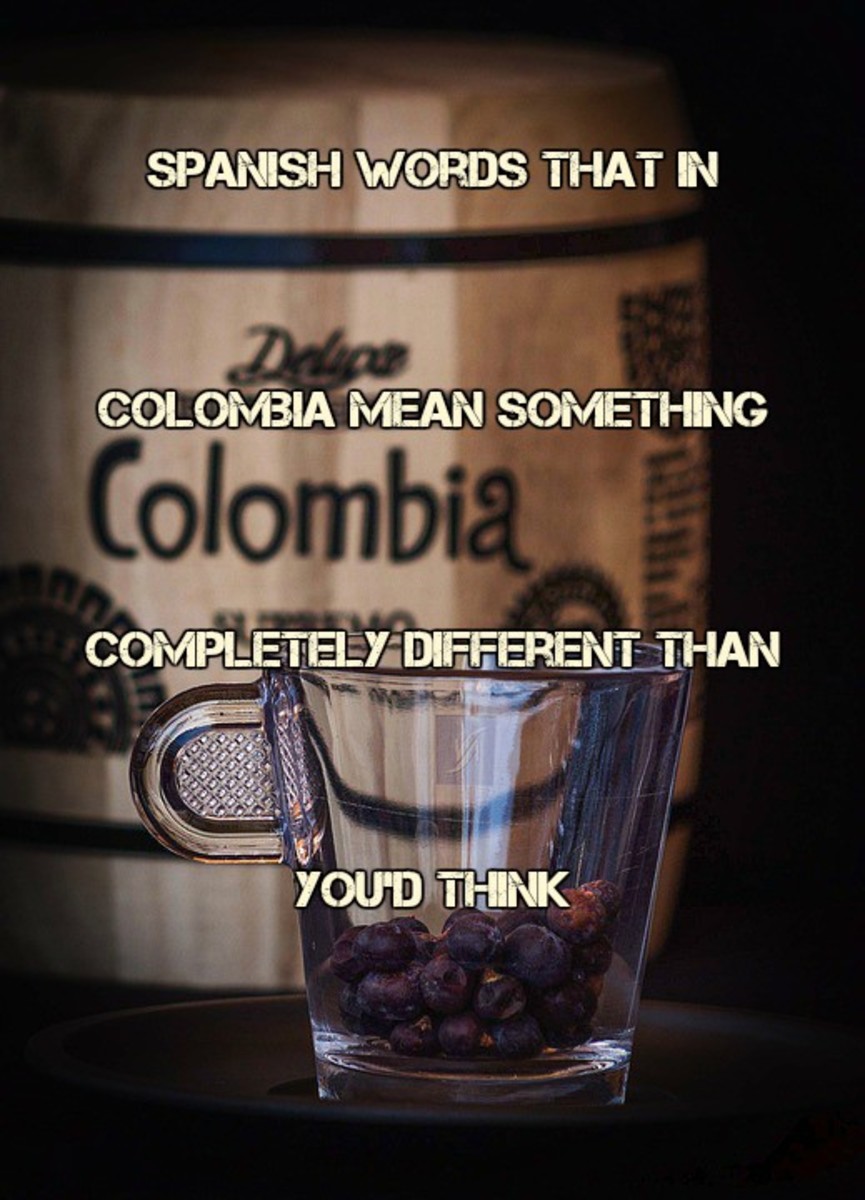Is Rosetta Stone vs Fluenz a Better CBT Software to Learn a Language?
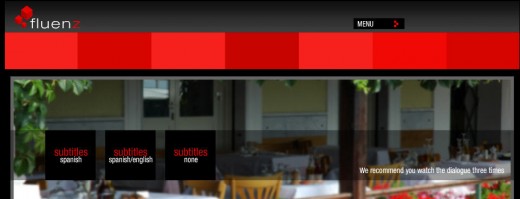
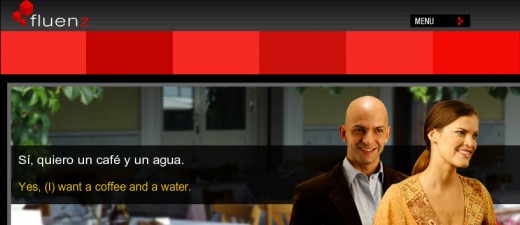
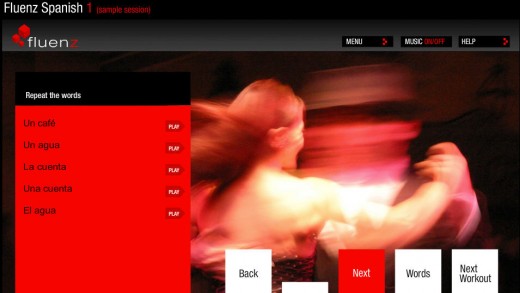
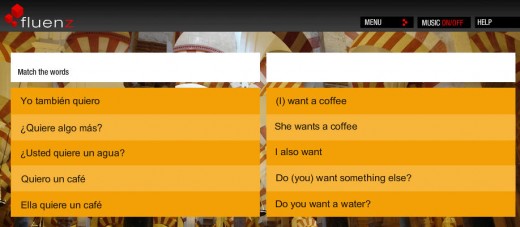
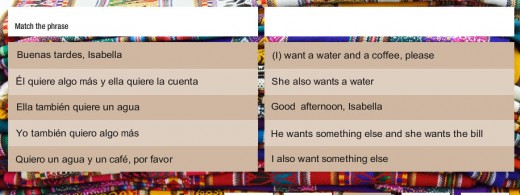
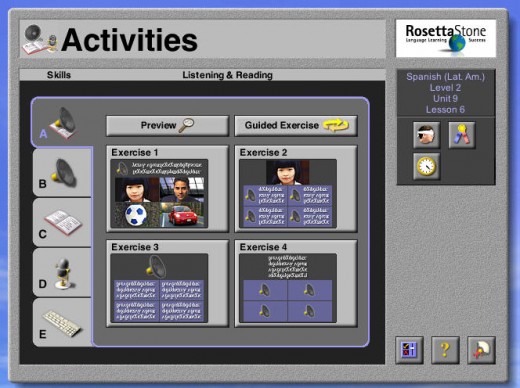
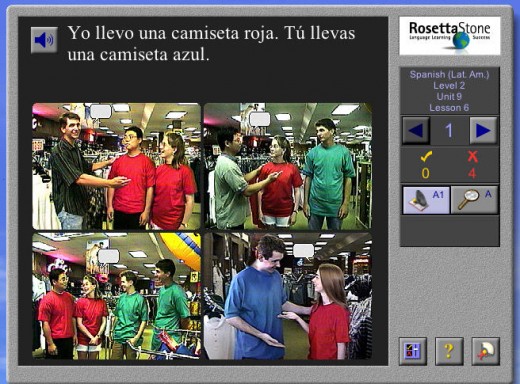
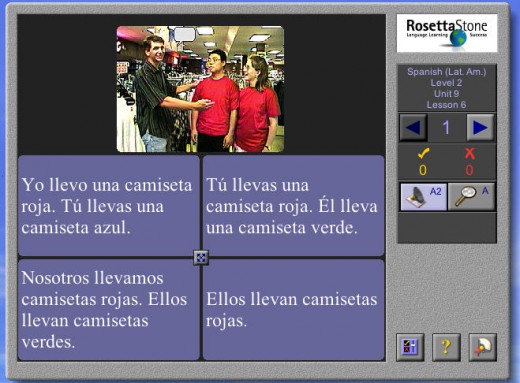
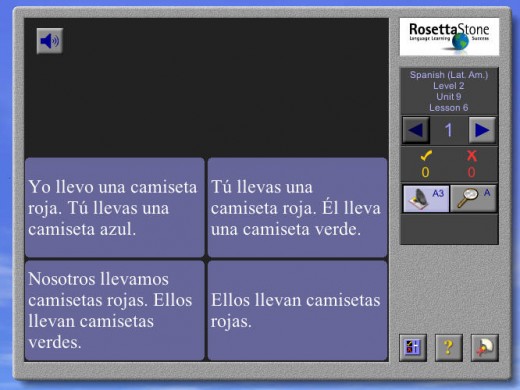
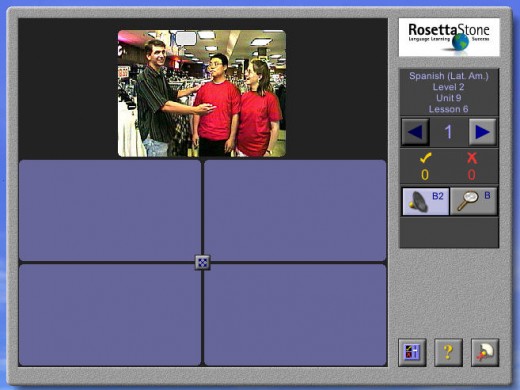
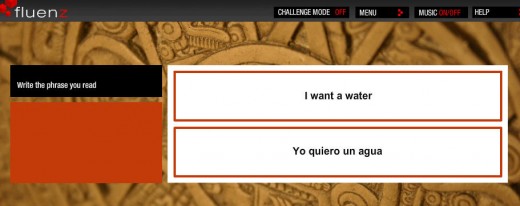
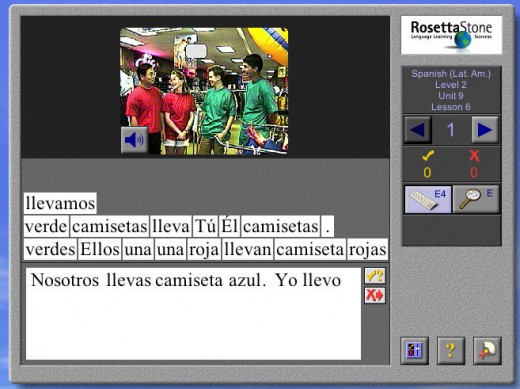
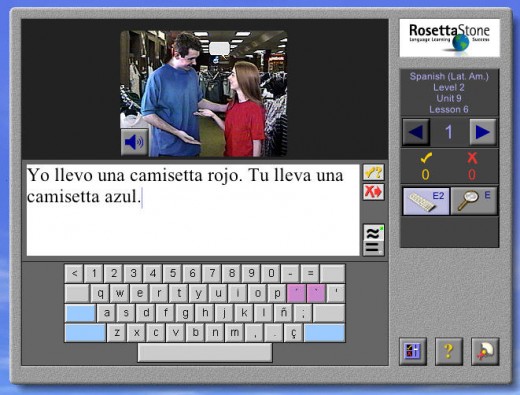
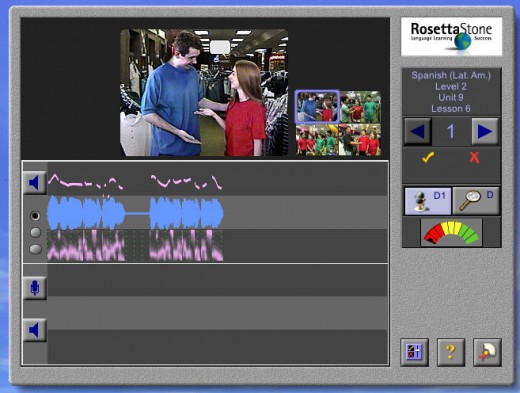
Rosetta Stone is world renowned for its computer based training (CBT) software that can teach one a new language. Many others emulate this approach, and why not, it does work but it does time--as in many months. Sure, you can learn a short phrase, Como Estas? or Yo quiero un cafe, por favor within an hour, but learning to communicate with native speakers takes many months.
The newest CBT to take on Rosetta Stone is Fluenz, a very flashy, cool looking program that basically uses the similar approach but for some differences.
The prices for either are not cheap, both in the $300-500 range. That said, visit ioffer.com or ebay and I am sure you will find copies for less than $150. The question is, are they worth it? Do either work? yes, yes, BUT, you need to be consistent and do it every day for several hours. Don't expect miracles because none will come. Like going to a real class requiring attendance, learning a language is not easy for adults.
CBT software requires self determination and desire. Many prefer a classroom setting that allows student-teacher interaction and the classroom ambiance that we all use to. Most CBT software cannot replicate this well.
Fluenz is the newest CBT to offer languages, compared to Rosetta, it is like looking at a Ferrari compared to a Toyota. Flashy, cool, latest technology in software, tutored by a stunning instructor (reminds me of Sandra Bullock). Both Rosetta and Fluenz use the same method to teach with, a combination of oral, written, pronunication activities that promote a classroom like atmosphere. Of the two, Fluenz actually has two items that promote this better: the course led instructor at the start and end of a chapter in a nicely shot video that is used to review with and provide tips in grammar, and the ability to have English translate word by word the new language learned. Like Rosetta, you can also have total immersion with no English, if you wish. Fluenz does this in chunks of words and pronunciations that gradually become phrases or clauses that turn into sentences. You learn the spelling, pronunciation and writing it. They do not rely extensively on pictures. Fluenz seems to be targeting the most common phrases commonly used in key situations and tends to be conversational in nature. I found some exercises strikingly similar, such as writing a phrase or sentence that is spoken by the native speaker. Between the two, I would suspect one would learn less words with Fluenz because it targets the most common phrases etc.
Rosetta is a total immersion from the start. There is no English for you to fall back on. So, in essence, you are in that world and at first, you are guessing at what the speaker is saying with four photos being shown. It is repititous when you first start learning, but, the more you do it, they better you get. You can play the oral speech endlessly until your speech pattern is similar to the native. You can actually see the tonal aspects on a sound graph and try to mimic them. You can simply listen to the speaker and attempt to type in the native language and be evaluated for accuracy. One can also turn off the photos (which provide clues as to what is said) to see if you understand without a visual.
Rosetta covers the language for the level you have and levels 1 and 2 will take you to an intermediate level or near there. It is not just conversational of the most frequent things said but many other things and the same things are said in different ways. The big down side for the immersion is no English. As a user, you are guessing what picture matches the phrase, and there are enough times the photo is not clear enough yet you get it right. One does not get a precise translation of a word or phrase, so you tend to do this, which may not be truly accurate.
Both are good in their own ways. Both require many, many times going through them because repitition does teach. Rosetta tends to take you deeper even with levels 1 and 2.



